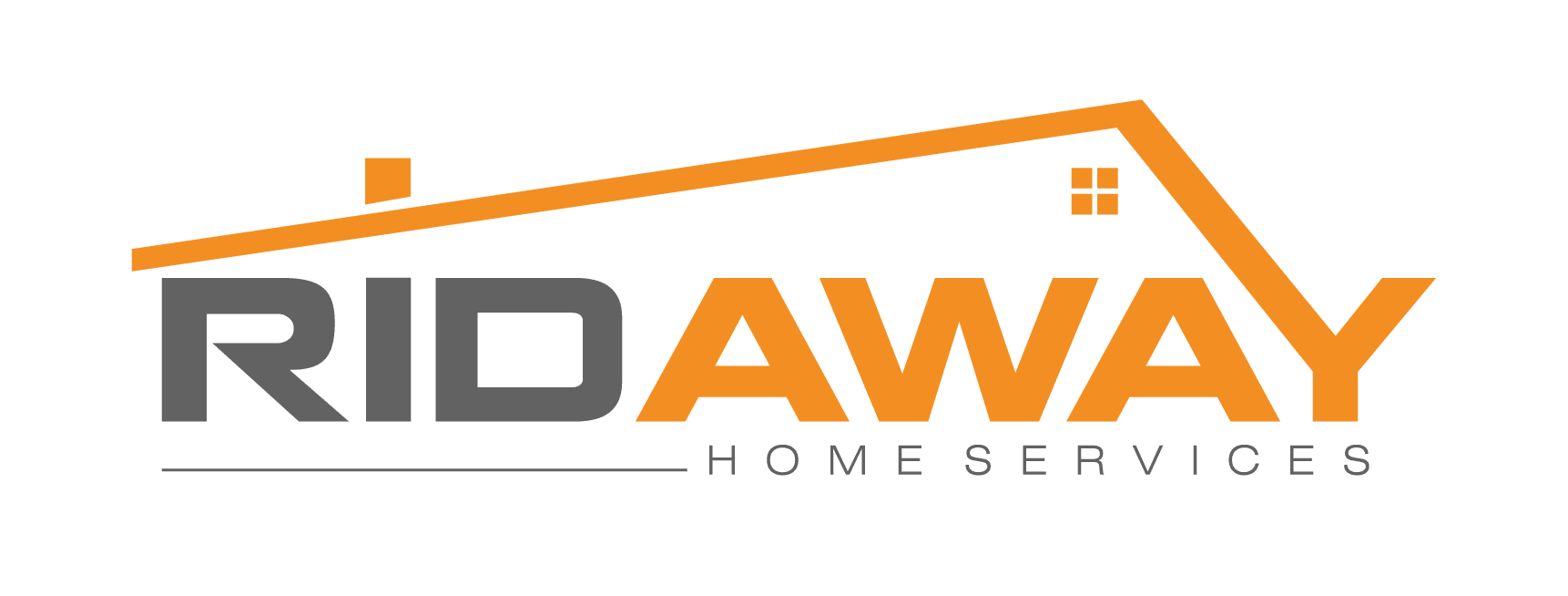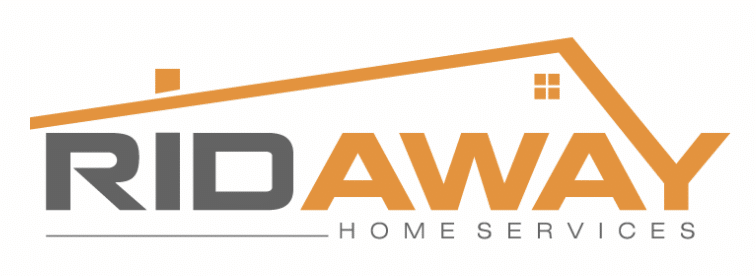Mold is not an issue concerning aesthetics, but rather a major concern that can interfere with health, safety, and the value of your home. Homebuyers are now very careful about issues relating to mold because, apart from causing structural damage, it also becomes a health issue- with a very drastic lowering of its property value. Hence, how mold impacts the property value and what one may do to avoid or deal with the problem will be very critical if selling or preserving its value.
The Value-Damaging Effects of Mold
It reduces buyer confidence.
Mold deters potential buyers. Visible mold issues or the discovery of hidden mold growth during the inspection may automatically give rise to an assumption that everything present in the home is concealed. Doubt usually translates into lower offers, straight loss of interest, or sometimes outrageous proposals for reduced prices.
Structural Integrity Concerns
It thrives in damp, dark places: behind walls, under floors, in ceilings. If left unchecked, it can eat through wood and drywall and other stuff, making your home structurally compromised and costing more in repairs. Buyers will know that if they buy a house with a mold issue, they may be taking on some hidden structural risks that cost more over time to fix.
Increased Risk for Health Conditions
Mold is associated with a variety of health problems, but it can be very significant for allergic, asthmatic, or otherwise weakened individuals. For a buyer, the dream of a house that could deteriorate health problems is a very serious red flag. As a seller, mold issues dramatically limit your pool of buyers to only those willing to take the potential health impacts or invest before moving in.
Financial Implications of Mold
Higher Remediation Expenses
Mold remediation is not inexpensive and if the buyer knows there is a problem, they generally try to negotiate a discount to factor in potential clean-up expenses. The cost would depend on what was done. In most of the minor instances, it would cost several hundred dollars, but in the major cases, it can run in the thousands.
Complications with Insurance and Mortgage
A mold infestation can also make it difficult to get one's house's value. It becomes challenging for buyers to get a mortgage or insurance for the house. Most lenders and insurers require its remediation or deny coverage for known properties with mold issues thereby depress its market value.
What You Can Do About Mold in Your Home
Recognize and Repair Leaks Timely
Molds love moisture, so keeping your home dry is the primary defense. Check moisture-prone areas such as roofs, basements, fixtures for plumbing, and windows periodically and repair any leaks as early as you can. The earlier a leak is detected and repaired, the lesser the chance mold will form, and the less you'll have to spend on repairs down the line.
Increase Ventilation
Poor ventilation is among the most common causes of mold growth, especially in damp areas within houses. This includes damp areas like the bathroom, the kitchen, and the basement. Ensure proper operation of the exhaust fans in your house and provide a dehumidifier in rooms that tend to stay damp. This will reduce humidity levels and discourage mold growth.
Regular Checks
Mold usually thrives in hidden spaces; therefore regular inspections of crawl spaces, basements, attics, and other areas that are typically not easily seen should be conducted. Selling your home? Consider hiring a professional inspector to check for mold. The early issue noticed can prevent a whole lot of future remediation expenses.
Treatment In Time and Professionally
For mold, avoid covering it up with paint or other temporary patch-ups as these savvy buyers would no doubt spot these kinds of temporary fixes. Hire a professional certified remediation company for remediation and removal. This upfront investment will more than pay off in terms of safeguarding property value and assuaging potential buyers. One such professional who is an expert at dealing with mold is RidAway. It is EPA-approved, state-licensed, and industry-certified, and uses non-toxic pesticides that leave your home safe to return to.
Maintain a Record of Any Repair and Remediation Work Done
Clear documentation of repairs and remediation efforts builds confidence in the buyer, as he'll be assured that you take your mold issues seriously. This can be a selling point to shine the light that this property was well-maintained, and its issues have been responsibly addressed.
RidAway toxic mold spores so you can breathe clean, healthy air once again.

